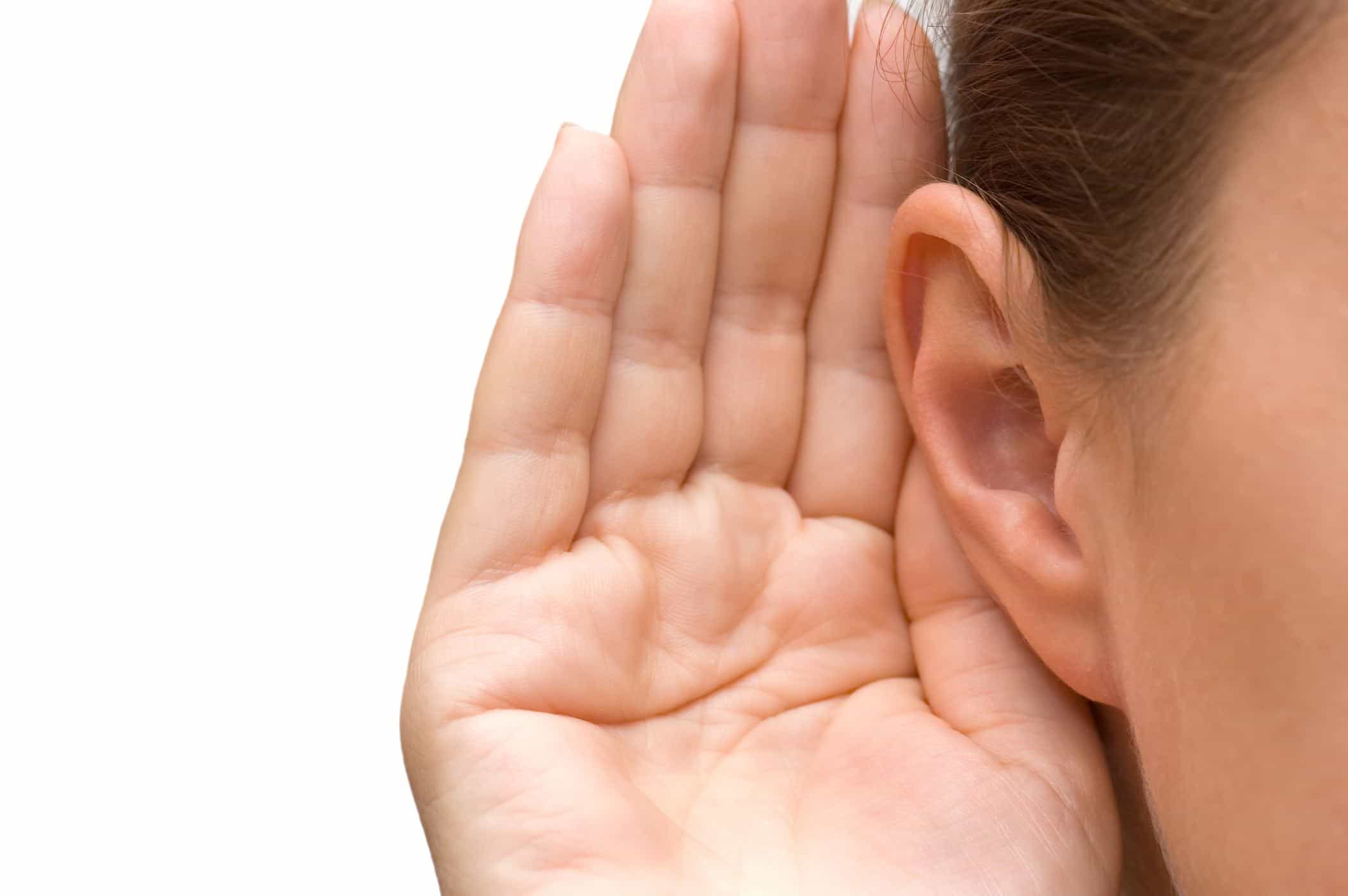Contents:
- Medical Video: 528Hz | Repairs DNA & Brings Positive Transformation | Solfeggio Sleep Music
- Can the deaf not hear at all?
- What are the causes?
- Then, is deafness curable?
Medical Video: 528Hz | Repairs DNA & Brings Positive Transformation | Solfeggio Sleep Music
Deafness is a hearing loss that results in the inability to hear both partially and totally. Patients who have a hearing loss (deaf) often experience problems when communicating in a noisy place. Although hearing aids, cochlear implants, lip movements, and the use of sign language can greatly help them communicate, the question still arises - "can deafness be fully cured?"
Can the deaf not hear at all?
Can or not hear a deaf person depends on the level of suffering.
There are several levels of deafness that you need to know. Here's the explanation.
- Mild deafness. The patient can only detect sounds between 25-29 dB. They may find it difficult to understand other people's words, especially if there is a lot of noise around them.
- Being deaf. The patient can only detect sounds between 40-69 dB. Having a conversation is very difficult without using a hearing aid.
- Deafness is heavy. Patients only hear sounds above 70-89 dB. People who are very deaf must read well or use sign language to communicate, even if they have hearing aids.
- Total deafness. Patients unable to hear sounds below 90 dB means they cannot hear anything, at any decibel level. Communication is done with sign language and or lip reading.
So, there are deaf people who can hear sounds or sounds at a certain volume. There are also deaf people who can't hear sound or sound at all.
What are the causes?
According to Penn State News, Judith Creuz, Au.D., certain infections and drugs, including some that are used for cancer chemotherapy can cause a person to lose his hearing. Deafness can also be genetic, or it can result from damage to cells in the uterus. However, noise exposure, such as loud music or the sound of a machine, is why many people lose hearing.
So, deafness can occur due to illness or exposure to noise that is too loud. These causes damage or disturb the cochlear nerve (auditory or acoustic nerve) so that the sound signals taken by the cochlea reach the brain.
Then, is deafness curable?
Reporting from Medical News Today, a team of researchers from Sheffield University in England used human embryonic stem cells to repair a type of hearing loss similar to gerbils ─ a type of rodent. Many people throughout the world have moderate deafness to total deafness because of the wrong relationship between the inner ear and the brain.
By observing gerbils and human embryonic stem cells, the researchers explained how they repaired an important part of the relationship, the auditory nerve. As a result, the gerbil has increased hearing by 46%.
Dr. Ralph Holme, Head of Research at the Royal National Institute for Deaf People, responded to the breakthrough, "These findings increase the real hope that someday it will be possible to correct the causes of some types of hearing loss."
Unfortunately, until now deafness cannot be cured and the breakthrough cannot be applied to humans. However, scientists continue to carry out research.
Even though it can't be healed, deaf can still be helped by several tools, such as loudspeakers or hearing aids (cochlear implants). In addition, there are many ways to help the deaf to communicate, for example with sign language and learn to read lips.












